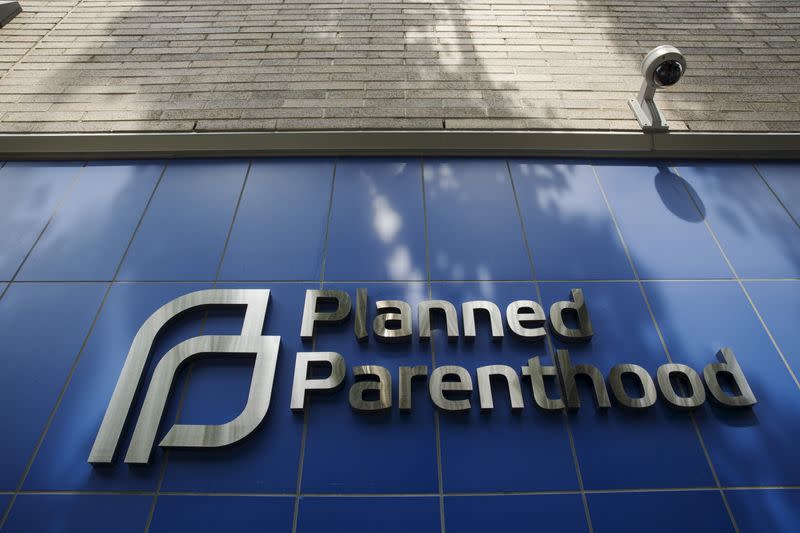South Carolina still cannot defund Planned Parenthood, US court rules

- Oops!Something went wrong.Please try again later.
By Brendan Pierson
(Reuters) -South Carolina cannot cut off Medicaid funding to Planned Parenthood, a federal appeals court ruled on Tuesday, finding that doing so would deprive Medicaid patients of their right to choose their provider.
The order marks the third time that a three-judge panel of the 4th U.S. Circuit Court of Appeals has stopped the state from defunding the reproductive health organization on the grounds that it provides abortions.
The court had previously upheld a preliminary and later a permanent order from a lower court blocking the move, but was ordered to reconsider last year in light of the U.S. Supreme Court's decision in a separate case about when individuals can sue state governments.
"Today's ruling makes clear what we've long said: state politicians cannot block people with low incomes from choosing the Medicaid provider they know and trust," Planned Parenthood president Alexis McGill Johnson said in a statement.
The office of South Carolina Attorney General Alan Wilson did not immediately respond to requests for comment.
Planned Parenthood's South Atlantic affiliate operates clinics in Charleston and Columbia, South Carolina, where it offers physical exams and cancer and other health screenings, as well as abortions. The clinics annually serve hundreds of patients covered by Medicaid, a state-federal health insurance program covering low-income Americans.
Circuit Judge J. Harvie Wilkinson, writing for the unanimous panel, said the federal Medicaid law clearly gave beneficiaries of the government insurance program the right to "freely choose among qualified healthcare providers, of which Planned Parenthood is one."
Planned Parenthood and a patient, Julie Edwards, sued in 2018 after Republican Governor Henry McMaster ordered state officials to end the organization's participation in the state Medicaid program by effectively excluding any abortion provider.
Wilkinson and another judge on the panel, Julius Richardson, were appointed by Republican presidents, while the third judge, James Wynn, is a Democratic appointee.
South Carolina is one of numerous Republican-led states that have moved to ban or restrict abortion since the Supreme Court in 2022 overturned the landmark 1973 Roe v. Wade decision that had legalized the procedure nationwide. The state's ban on abortion after about six weeks was upheld by its highest court in August.
(Reporting By Brendan Pierson in New York; Editing by Leslie Adler and Nia Williams)

